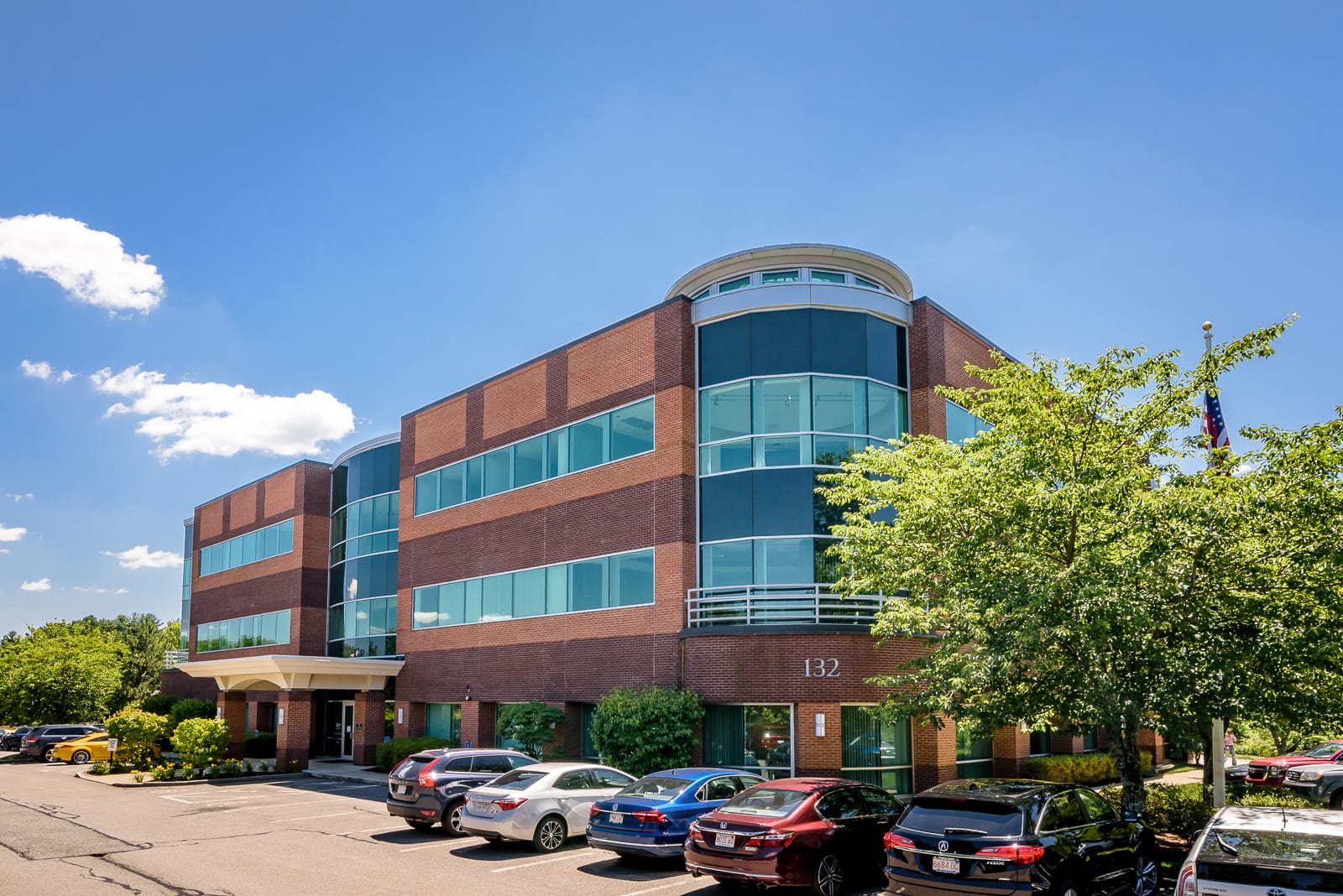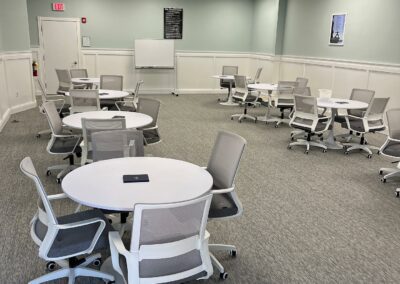HEROIN ADDICTION TREATMENT CENTER IN MASSACHUSETTS
NORTHSTAR RECOVERY CENTERDay Treatment Program in Southborough, MA, and Springfield, MA
Heroin is extremely prevalent in the US, with around a million people have used the drug in the last year. There are many effective treatment options that can help people overcome their addiction. There are ways to overcome this after you attend a detox for heroin in MA. Northstar Recovery Center in Southborough, MA is a heroin addiction rehab that provides Day Treatment Programs also referred as PHP and IOP outpatient addiction treatment.
Although the exact factors that influence a person’s development of heroin may vary, the end result is always the same: an inability to stop using the drug. Addiction to heroin in Massachusetts has the individual spending a majority of time searching for the substance heroin to keep themselves from getting “dope sick”.
WHO WE ARE
Northstar Recovery Center in Southborough, MA is made up of a team of experienced, dedicated, and compassionate addiction treatment professionals. We want to see our community heal from the effects of the opioid epidemic, alcohol addiction, and other substance use disorders.

Day Treatment Program in MA
The Day Treatment in Massachusetts, also referred to as PHP (Partial Hospitalization Program) or IOP (Intensive Outpatient Program), is the highest level of care offered at Northstar Recovery Center. This addiction treatment option encompasses comprehensive clinical care and behavioral therapies. In the initial stages of recovery from addiction, it's crucial to have robust support to navigate both physical and emotional challenges. Our dedicated team at Northstar Recovery Center, located in Southborough, MA, and West Springfield, MA, is committed to assisting you in establishing a solid foundation for a lifelong recovery from addiction to drugs and alcohol. Clients typically visit our addiction treatment center in Massachusetts each weekday for several hours, engaging in counseling sessions and other necessary interventions. This approach ensures a balanced and effective recovery process, tailored to individual needs within the framework of Day Treatment.
Individual, Group, and Family Counseling in Massachusetts
Addiction thrives in isolation, which is why group counseling sessions are a foundational part of our addiction treatment plans. In group sessions, you’ll gain perspective on your struggles with substance abuse and can connect with others who understand your experiences. Family counseling can help your loved ones understand the disease of addiction, navigate conflict and build healthier relationships. In individual counseling sessions, you’ll be able to work through personal issues like past trauma with the help of an experienced therapist.





